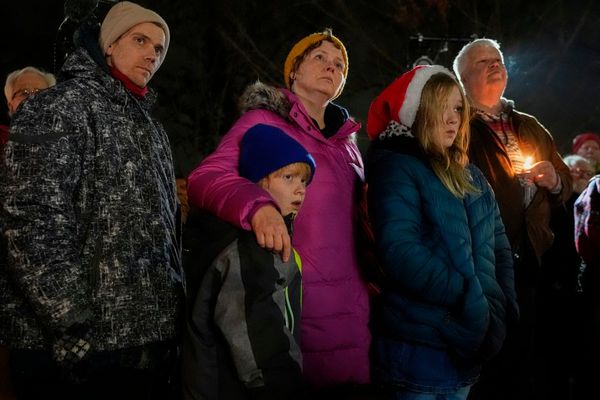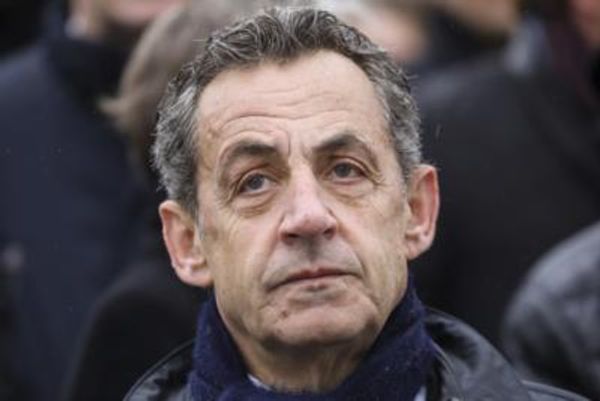
Don’t be distracted by the phoney war atmosphere of the return of Parliament, the bonhomie, the talk of a new kind of politics, of less aggression, one in which the main debate is whether 43% emissions reduction by 2030 is a minimum commitment leading to something greater, and whether Labor can out-manoeuvre the rather leaden-footed Greens on the issue.
It’s not real. Politics has changed. For the better. But not by much, and it will rapidly slide back into the morass from which we climbed on May 21 if we’re not careful.
Similar optimism, a sense of possibility, pervaded Canberra after the 2007 election, and after Kevin Rudd’s apology. Within three years, that optimism looked like naivety. Much of that was down to Rudd and his mistakes. But much of it had to do with the deep wellspring of cynicism and denialism within the Coalition, funded by its fossil fuel allies and amplified by News Corp.
Those last two factors remain in place. The climate wars aren’t over, and it’s not for either Anthony Albanese or Adam Bandt to declare them to be. There must be unconditional surrender on climate from the Coalition and News Corp, and neither is coming.
The Coalition hasn’t adjusted its position on climate one iota since its massive election defeat. All that has happened is that a number of professed metropolitan supporters of climate action have been forced out of Parliament. Rather than joining Barnaby Joyce and Scott Morrison and Angus Taylor in stymying climate action while claiming to want it, they can do something productive with their lives instead.
Joyce, Morrison (in name, if not in reality) and Taylor all remain in Parliament, along with an array of other climate criminals, and they’ll be voting against Labor’s 43% target. The Coalition may look feeble now but more than a decade ago it went within two and a half years from the circus of Brendan Nelson to Tony Abbott coming within an ace of winning office — via a right-wing putsch against Malcolm Turnbull along the way.
The Coalition propaganda arm at News Corp also remains in place, and remains committed to climate denialism.
The News Corp campaign of regime change began on the night of May 21, even if it hasn’t surfaced in full yet. Give it time. Eventually it will be a repeat of the Rudd and Gillard years: literally everything that Labor does, and quite a bit that it won’t do but which can be tangentially connected to the government, will be demonised, and blamed for high inflation, lost jobs, rising interest rates, high power bills, weakened national security. It will be incessant.
It’s true that the media landscape has changed dramatically since the Rudd years. But News Corp hasn’t changed. It is still committed to undermining climate action and helping the Coalition return to government.
The unpleasant lesson from Labor’s last period in government is that ruthlessness is crucial to holding power. Rudd could have called an election at the end of 2009 and handily defeated Abbott, using climate action as his pretext. Instead he wavered and the opportunity passed.
Turnbull, too, could have called an election in 2015 and secured a healthy majority, but he wanted a different, better kind of politics as well, one in which ideas were properly debated, and innovation and change was seen as an opportunity, not a threat. It ended badly — with the help of News Corp, of course.
There can’t be a better kind of politics while climate denialists remain lodged in key positions in the Coalition and News Corp.
May 21 was just one step in changing that, one easily reversed if the Coalition wins office again in 2025. It must be followed by more steps — instituting proper accountability, integrity and transparency measures, exposing the influence of vested interests over the major parties, curbing the malignant influence of News Corp, getting more independents into Parliament.
And for Labor, all the talk of a better kind of politics won’t amount to much unless it’s prepared to be ruthless in dealing with a Coalition that has learnt nothing.







